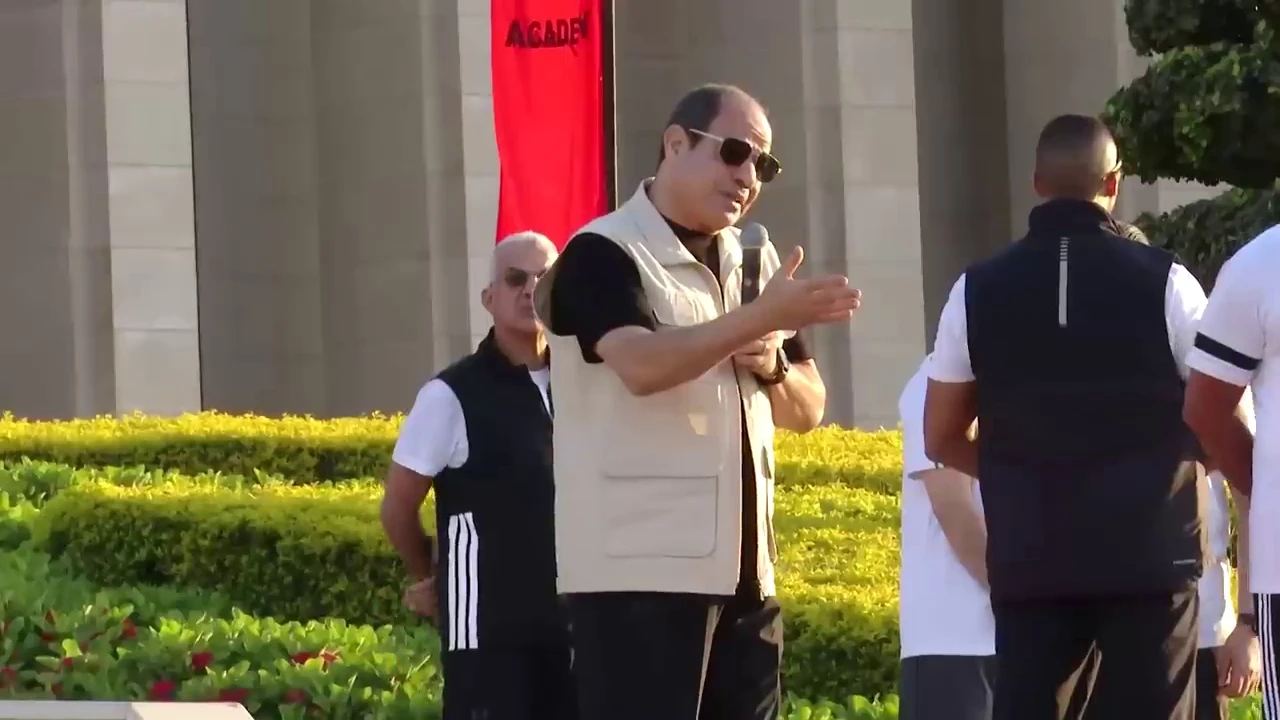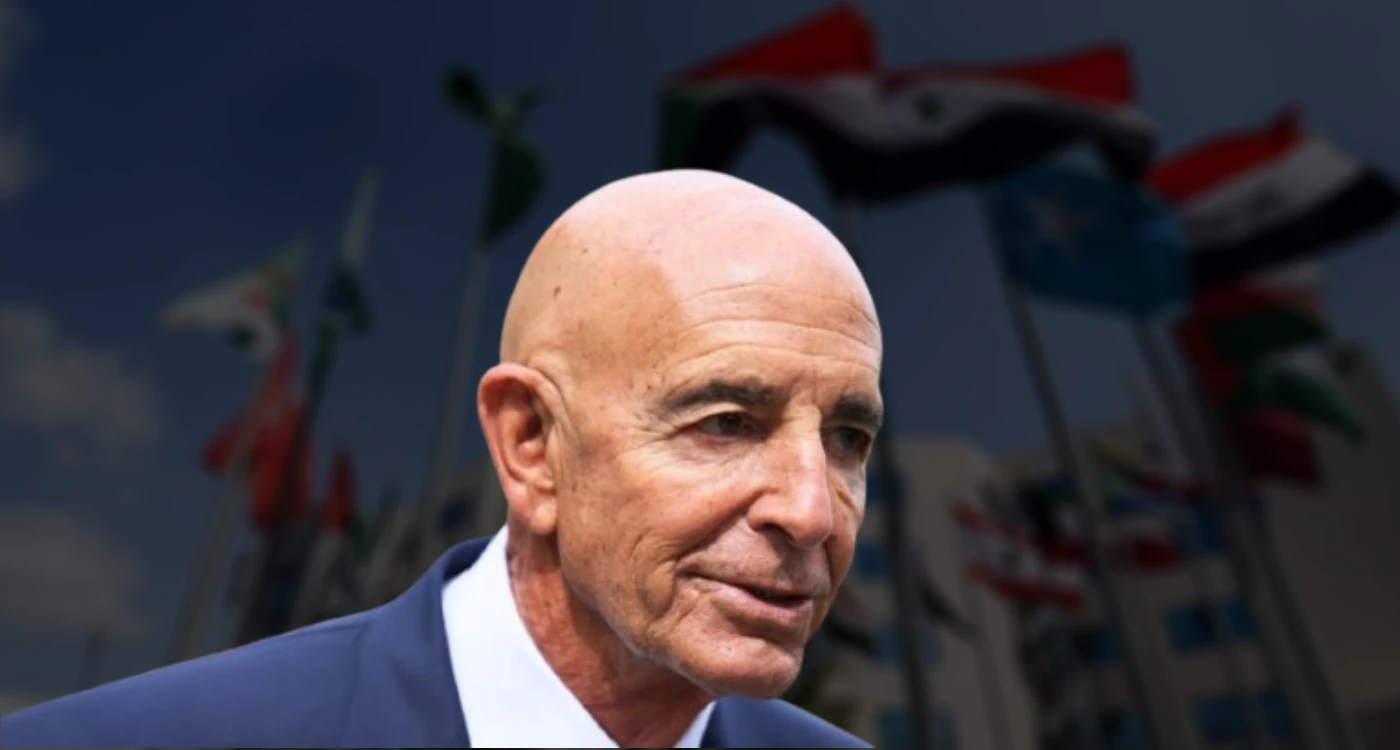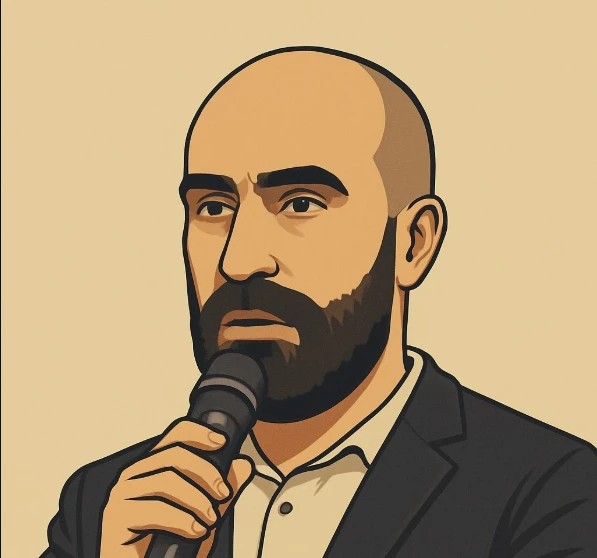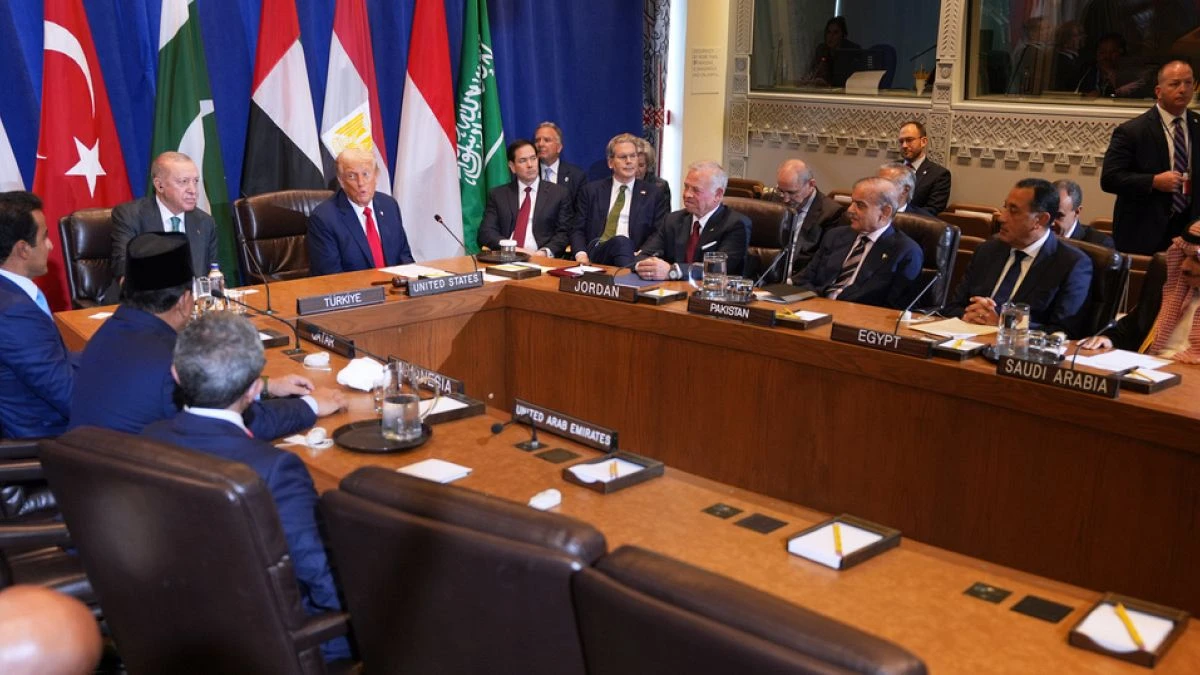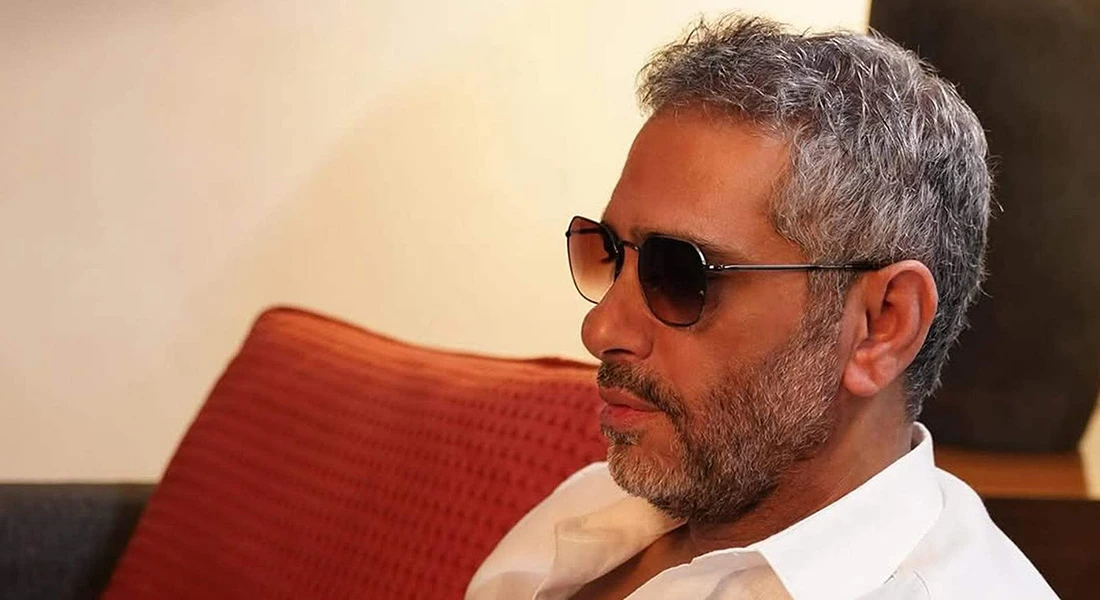What Did Sisi Mean to Convey at the Military Academy?
This is an AI-generated English translation. The original text is in Arabic.
The military academy established by Sisi within the Strategic State Leadership Center in the New Administrative Capital is not merely an educational institution; it serves as a platform for sending precise political and military messages, as well as a center for guidance and crisis management. Therefore, his visits to it at any time are not just a fleeting inspection or a routine speech in front of the students, but a calculated mobilization of military symbols and a rallying of ranks, an investment in the symbolism of the army to convey dual messages, both internal and external, that serve a clear goal: consolidating power and entrenching the legitimacy of the regime.
The academy as a symbol and strategic base
The choice of the academy in the New Administrative Capital to launch speeches was not random; it represents, for Sisi, a symbol of power and a façade for his regime. There, the academy's students and officers are showcased as evidence of discipline and loyalty to him, and he is keen to start the visit with the dawn prayer to add a religious dimension that grants him dual legitimacy: religious and military.
These visits often occur during times of crisis, whether economic, regional, or internal, transforming the academy into a platform through which the political and social reality is redefined in the minds of Egyptians, with a fundamental message: the state is under control and the army stands behind the head of the regime. However, behind these displays remains a deeper meaning: in such moments, Sisi reassures himself before reassuring his supporters and backers.
Features of the discourse
Sisi appeared in his speech as if he understood that his visit to the academy was not truly directed at its students, but rather at the symbolism it represents, as he exploits them as a façade to convey his messages. He initially attempted to impart an official and friendly tone by repeatedly emphasizing that his goal was "to ensure readiness and educational efficiency," but he quickly transitioned to reveal the essence of the idea that the academy is no longer exclusively for military personnel, but rather a tool for building "the mentality of the Egyptian people" according to his perceptions, meaning it is a platform for molding society as a whole under the supervision of the army.
He also appeared hesitant as he shuffled through his papers to gather the threads of his speech, even pausing to say, "So at the beginning of the speech, I extend my greetings, appreciation, and pride," as if he implicitly acknowledged that his presence was not an impromptu speech but a carefully crafted message that he slightly lost focus on while delivering. He then returned to affirm the reality of the visit, stating that the academy is the most suitable place to direct messages to the people, reflecting his awareness of the value of this platform in solidifying his political image.
The hidden political messages
Through his speech at the academy, Sisi attempted to clarify and reframe the political map of his regime in the current phase, which has not significantly differed from all previous frameworks, as he reiterated:
Justifying economic crises once again after mentioning that Egypt lost approximately $9 billion in Suez Canal revenues over the past two years due to the war on Gaza, which he termed regional challenges. This is yet another repetition of the narrative justifying Egypt's economic crises and linking them to global events, starting from COVID-19 and what followed, culminating in the Gaza war. This is a tactic Sisi continuously employs to shift the responsibility for the poor economic outcomes to external factors instead of confronting internal criticisms and holding his successive governments accountable for economic failures while continuing to ask the people to be patient and work.
Renaming the opposition, which included his description of the peaceful protests in front of some Egyptian embassies abroad, such as in the Netherlands, as "assaults." This description reflects a deliberate tactic to rename the peaceful protests of opponents as threats, aiming to create a false internal threat by transforming normal and peaceful political activity into "hostile acts."
This manipulation of the media discourse ensures and confirms that any protest that arises will be regarded by the regime as a direct threat to the state, justifying repressive security measures both internally and externally.
Controlling the regional discourse: Sisi and his regime maintain a policy of not mentioning the names of countries or leaders when the discussion is critical, especially when that country is Israel. Sisi did not speak ill of Israel during his speech, contenting himself with saying "a certain state" or "a state," while in cases of praise, he explicitly mentions the names of countries or leaders, as he did in his remarks about Trump and America.
This selectivity in naming shows the caution of this regime in dealing with regional and international powers, and the maintenance of strategic alliances even in the darkest times, while limiting criticism internally in a precise and gentle manner.
The military messages and soliciting loyalty
In many aspects of the meeting, especially during his remarks about the academy and the officers and directing instructions to them: the speech carried deep messages towards the military institution, including:
Sisi's words that the academy's students are the hope of Egypt and the leaders of the future are not merely passing motivational words but clear messages emphasizing the necessity of continuing loyalty to his regime as a condition for the stability of the state, instilling this lesson and reiterating it multiple times, making every officer or soldier who listens to this speech understand that their role extends beyond military training and transcends it to become part of the political system and the strategy of control.
Sisi's call to the academy's officers to spread "awareness" in their surroundings, not just within their families, reflects a strategy to expand the influence of the military institution into civil society and its importance to the Egyptian regime, broadening the army's role from militarily protecting the state from external threats to include regulating and directing internal public opinion, making the military an ideological and political tool.
The speech also confirms Sisi's continued efforts to militarize society entirely, with the academy being an important means of doing so by making it the platform from which teachers, doctors, and others receive the quality stamp from the regime through undergoing qualification courses before appointment to ensure their alignment with the system and its ideology. All these measures reinforce the idea that the state and the army are closely linked, and that loyalty to the regime is an integral part of the function of any employee, officer, or soldier.
Political symbols and fleeting implications
Sisi tries to maintain the dawn prayer with the students during these visits to add a religious and official character, enhancing his religious image to appease a certain segment of the population and attempting to affirm religious loyalty and nationalism.
The solitary prayer - breaking the line - and preventing anyone from standing directly beside him, contrary to what is customary, confirms his deep fear of incidents that might occur during the prayer or perhaps an attempt to assert his strength and authority, even challenging the principles of prayer.
Praising the youth as "the hope of the future" is a message to the civilian public, indicating that there is a generation ready to support the regime and its institutions, thereby calming any internal concerns about the continuity of power.
The question remains: Are these visits sufficient to bolster the stability of the regime amid economic and political crises? Or do the army's symbolic messages conceal the fragility of the political scene in Egypt?

